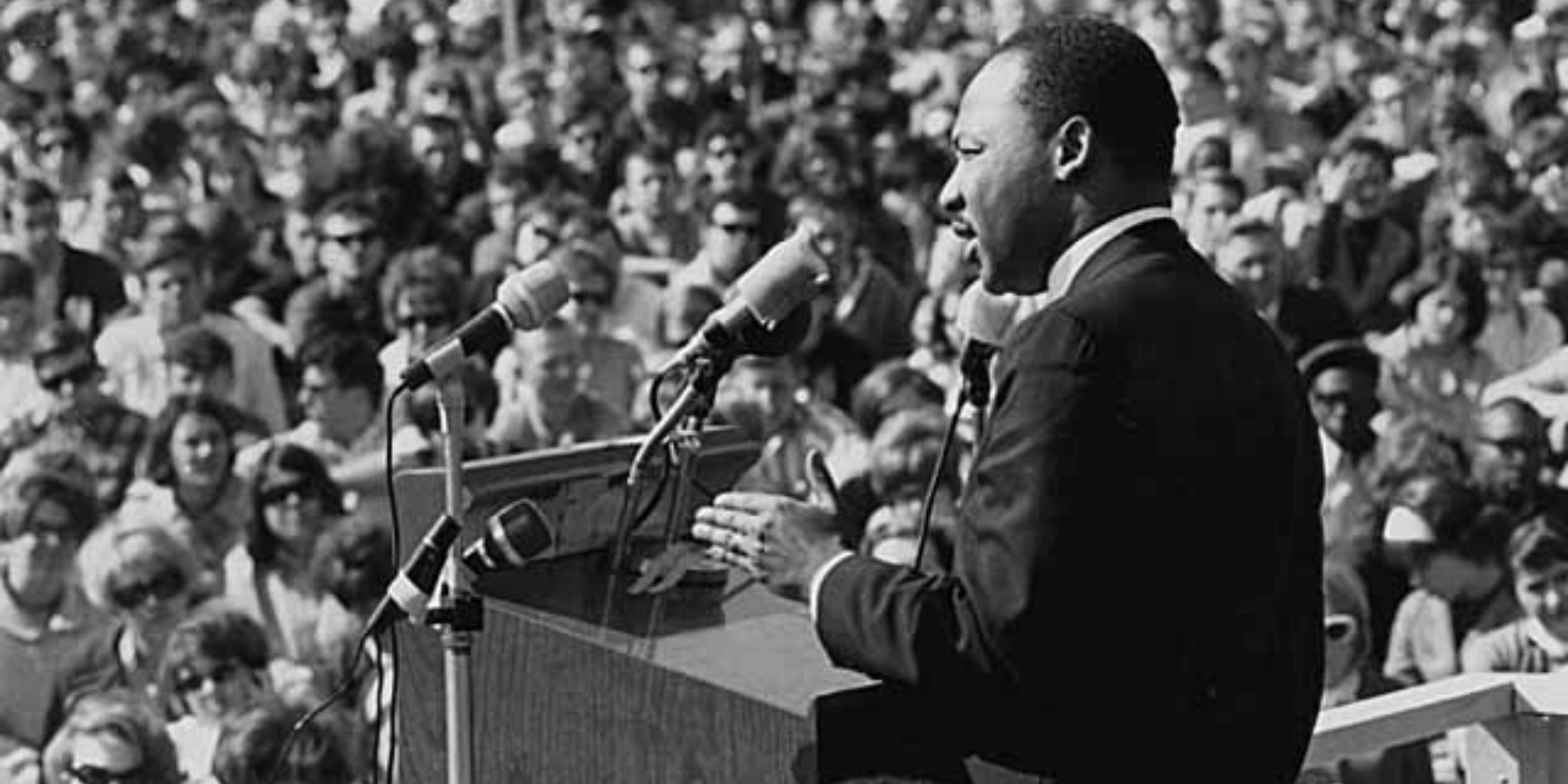January 18, 2020
Honoring the Legacy of Dr. Martin Luther King Jr.
Craig Wesley • National Manager of Diversity, Equity, and Inclusiveness

It has now become routine and common practice to celebrate the life of Dr. Martin Luther King, Jr., on the third Monday of January, however it was not always this way.
My name is Craig Wesley and I’m National Manager of Diversity, Equity, and Inclusiveness at E4E. As we approach the Martin Luther King, Jr. (MLK) holiday, I wanted to highlight the little known history about how MLK Day became a federal holiday. As a supporter of our grassroots organizing advocacy organization, I hope you’ll appreciate learning about the 15-year successful organizing campaign to create the federal holiday honoring Dr. King. He was the first modern private citizen to be honored with a federal holiday.
The campaign to create the holiday started in 1968, four days after the assassination of Dr. King. Congressman John Conyers from Detroit, Michigan, introduced a bill that would mark January 15 as a federal holiday in Dr. King’s honor. Congressman Conyers told the Washington Post in 2015 that Dr. King “is the outstanding international leader of the 20th century without ever holding office. What he did, I doubt anyone else could have done.”
Over the years, many people got involved, organizing, collecting signatures for a petition, and advocating for Congress to take action. In 1980, Stevie Wonder released a song titled “Happy Birthday” to honor Dr. King’s birthday. The song galvanized public support.In 1982, Corretta Scott King and Stevie Wonder delivered a petition signed by more than six million Americans to the Speaker of the House in support of creating a federal holiday to honor Dr. King. To this day, the Stevie Wonder version of “Happy Birthday” is the preferred happy birthday song within the Black community.
Congresswoman Katie Hall from, Gary, Indiana, served as chairwoman of the House Subcommittee on Census and Population, which was responsible for federal holidays. Her leadership in holding hearings to measure public support, whipping votes in Congress, and changing the language of the bill to propose that the holiday be celebrated every third Monday in January rather than on King’s birth date of January 15 were instrumental in winning enough votes in Congress. One of the main arguments by opponents was the cost to taxpayers and projected loss in productivity. However, the Monday Holiday Law (1968), which provides for uniform annual observances of certain holidays is viewed by Congress to have “substantial benefits to both the spiritual and economic life of the Nation.”
When I reflect on the legacy of Dr. Martin Luther King, Jr., I’m drawn to a quote from his Drum Major Instinct speech where he said, “Yes, if you want to say that I was a drum major, say that I was a drum major for justice. Say that I was a drum major for peace. I was a drum major for righteousness. And all of the other shallow things will not matter.”
He dedicated his life to fighting against white supremacy and the fight for justice. I’m grateful to work alongside the staff, members, and supporters of E4E — a community of leaders dedicated to equity and social justice. Thank you all for the work you do on behalf of students and educators.
I hope you have a wonderful MLK holiday weekend!
Currently Reading
Honoring the Legacy of Dr. Martin Luther King Jr.
